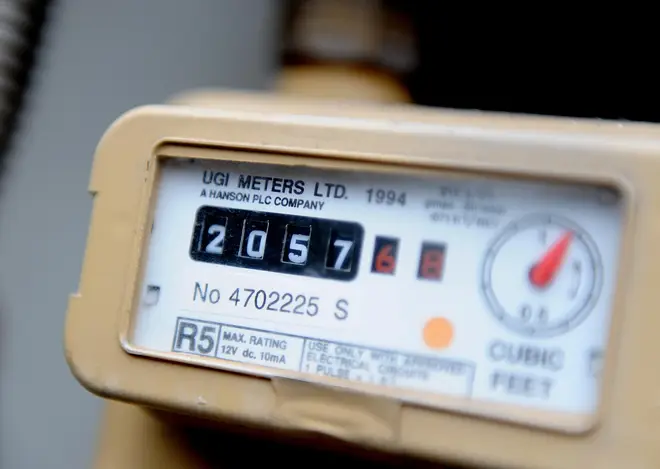
Ali Miraj 12pm - 3pm
5 May 2023, 03:43

Oil giant Shell involuntarily fitted over 4,000 pre-payment meters last year - despite making £32 billion in profits, an investigation has claimed.
Reporters from the i newspaper said that government figures show 4,145 controversial pre-pay meters were installed by Shell - in the week that the record profits were announced on the back of shy-high wholesale energy prices.
Energy Security Secretary Grant Shapps said the figures show a horrifying picture for the energy company, weeks after Ofgem announced new restrictions on the practice of forcing customers onto the meters.
Last week, all household energy suppliers agreed to a new code of practice which bans forcibly installing prepayment meters in homes where all residents are aged over 85.

All suppliers in Great Britain will sign up to the new code of practice, after an investigation by The Times found some companies were breaking into the homes of those struggling with bills to install the pre-payment meters.
At the time, Jonathan Brearley, chief executive officer of Ofgem, said: "Ofgem's new voluntary code of practice is a minimum standard that clearly sets out steps all suppliers must take before moving to a PPM (prepayment meter).
"If and when involuntary PPMs are used, it must be as a last resort, and customers in vulnerable situations will be given the extra care and consideration they deserve, over and above the rules already in place, by suppliers - something that has clearly not always been happening.
Read More: No ‘systemic’ problems at British Gas, but review finds four cases of wrongdoing
"This new code of practice means, for some people, PPMs should never be installed, and, for high-risk groups, their energy needs must be protected with a higher level of consideration.
"We expect the overall number of involuntary PPM installations will fall over time, and we recognise that a careful balance is required to help manage debt, while protecting customers in vulnerable situations.
"The Guardian reports suppliers must make at least 10 attempts to contact a customer, as well as visiting their home for a "site welfare visit" before the controversial device can be installed.